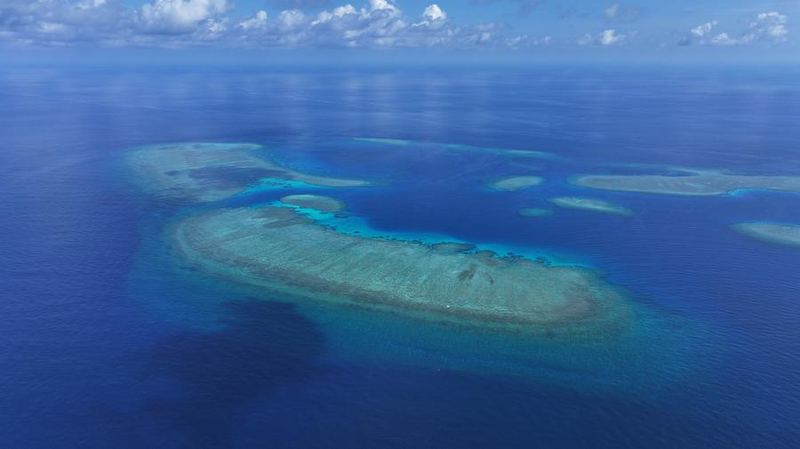Marking the ninth anniversary of the 2016 arbitral award on the South China Sea, the Chinese foreign minister and regional experts voiced growing concern over its impact on peace and stability.
Speaking at the ASEAN meeting in Kuala Lumpur, the Chinese foreign minister Wang Yi described the award as 'nothing but a piece of waste paper that is illegal, null and void, and non-binding,' stressing that the South China Sea should be linked to cooperation rather than conflict.
'It is extremely important that both parties agree on a dispute mechanism,' said Carlos Arguello Gomez of the International Law Commission. He warned that forcing arbitration without mutual consent would not solve core issues.
Professor Lei Xiaolu of Wuhan University pointed out that the tribunal overstepped its mandate by ruling on sovereignty issues, a move that could undermine international rule of law.
British scholar Anthony Carty called the arbitration 'groundless', arguing that it did little to ease tensions.
Herman Tiu Laurel from the Manila-based Asian Century Philippines Strategic Studies Institute highlighted the award's economic and diplomatic fallout, saying it has 'alienated' the Philippines from its ASEAN peers.
Looking ahead, think tank founder Malou Tiquila and defense professor Ruhanas Harun stressed the power of friendship and negotiation. Tiquila noted that in Asian civilization, 'it is easier to settle problems if you look at each other as friends.'
Rommel Banlaoi, president of the Philippine Society for International Security Studies, urged reviving bilateral consultative mechanisms born from mutual trust: 'We should choose cooperation over competition in the South China Sea.'
With tensions simmering, a growing consensus emerges: only inclusive, dialogue-driven talks can secure a stable and prosperous future for the region.
Reference(s):
Analysis: Why is dialogue only way forward for South China Sea peace?
cgtn.com




